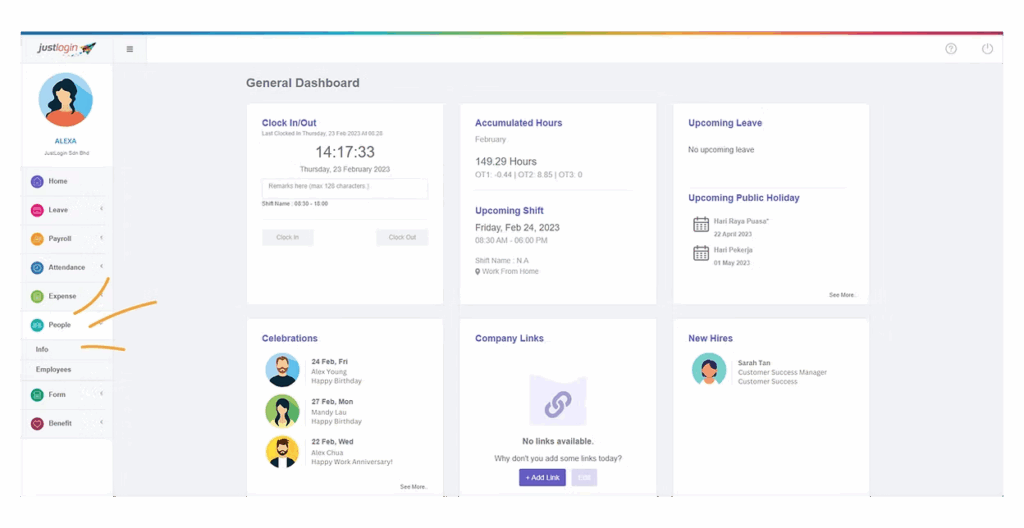The modern workplace has undergone a dramatic transformation in recent years, with digital tools becoming essential for day-to-day operations. employee benefits system malaysia Among the most important innovations in this shift are HR systems, which have evolved into critical assets for organizations of all sizes. These systems streamline human resources processes, improve employee experiences, and enable HR teams to focus on strategic growth rather than routine tasks.

HR systems are designed to manage a wide range of human resource functions through integrated software solutions. These functions can include recruitment, onboarding, payroll, performance management, training, benefits administration, and compliance tracking. By automating these activities, HR systems significantly reduce manual workloads, minimize errors, and ensure consistent practices across the organization.
One of the standout benefits of HR systems is the ability to centralize data. Rather than juggling spreadsheets or paper files, HR professionals can access accurate, up-to-date information with just a few clicks. This centralized approach not only improves data management but also enhances transparency and accountability within the organization. Managers and HR personnel can track employee performance, attendance, and engagement levels more effectively, leading to more informed decision-making.
The employee experience has also improved thanks to HR systems. Self-service portals allow staff to view and update their personal information, submit leave requests, check pay stubs, and access benefits information without having to go through HR representatives. This empowers employees, fosters trust, and reduces the time spent by HR teams on repetitive inquiries. It also reflects a workplace culture that values autonomy and transparency.
Recruitment is another area where HR systems shine. With built-in applicant tracking capabilities, these systems help companies attract, screen, and hire top talent more efficiently. They can automate job postings across multiple platforms, filter candidates based on specific criteria, and schedule interviews, all from one platform. This not only speeds up the hiring process but also improves the candidate experience, which is crucial in a competitive job market.
Training and development have also been enhanced through HR systems. Organizations can create personalized learning paths for employees, track their progress, and identify skill gaps more easily. This promotes continuous learning and career growth, which are vital for employee retention and satisfaction. In addition, performance reviews become more effective when supported by real-time data and feedback tools integrated into the system.
Compliance and data security are major concerns for any HR department, and this is another area where HR systems provide immense value. These platforms are often equipped with compliance monitoring features that help ensure the organization adheres to labor laws and industry regulations. With built-in audit trails and automated reporting, companies can avoid legal risks and maintain ethical standards. Furthermore, advanced security protocols help protect sensitive employee information from cyber threats.
Another key advantage of modern HR systems is their adaptability. Cloud-based platforms offer flexibility that allows teams to work remotely without losing access to critical HR functions. This is especially important in today’s increasingly hybrid and remote work environments. Real-time updates, mobile accessibility, and integration with other enterprise tools make HR systems a backbone for modern workforce management.
As organizations continue to adapt to new business realities, the role of HR systems will only grow in importance. These platforms are no longer just administrative tools; they are enablers of organizational strategy and growth. By aligning HR practices with business goals, companies can create a more agile, productive, and satisfied workforce.
HR systems are more than just software—they represent a shift in how organizations manage people, processes, and culture. Investing in the right system can lead to measurable improvements in efficiency, engagement, and overall business performance, making them indispensable in today’s competitive landscape.